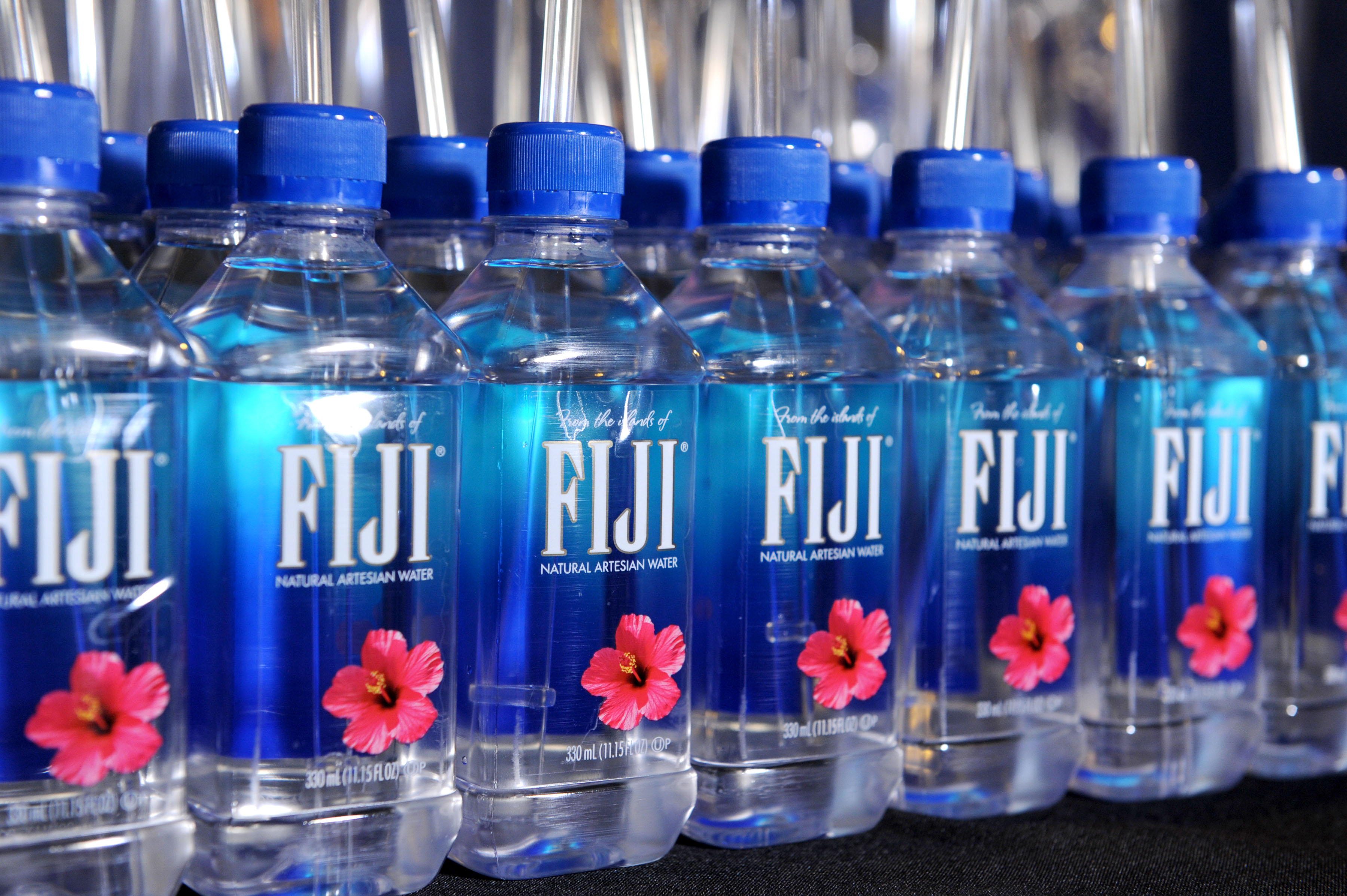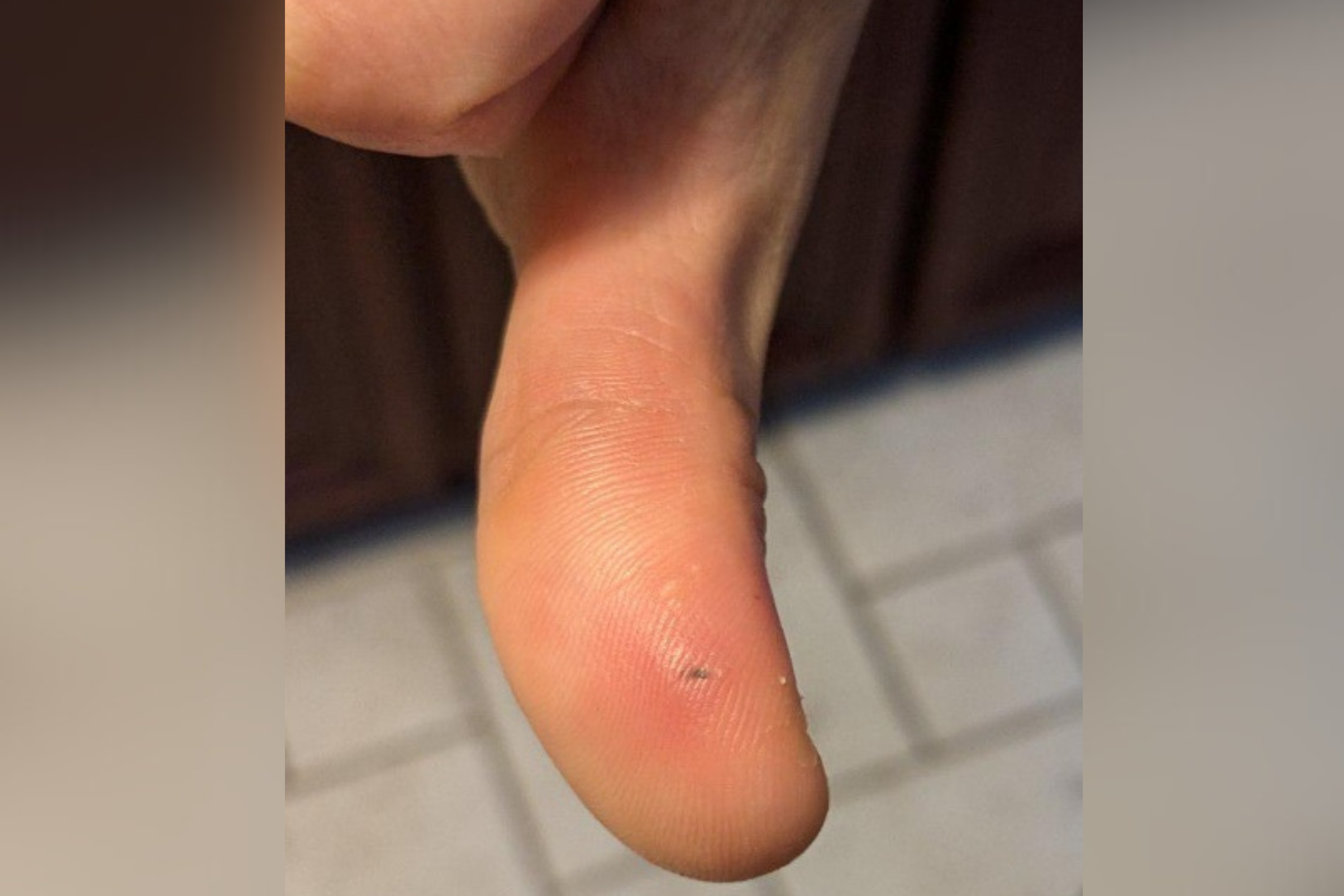President Donald Trump's threats against foreign countries appear to be working.
In the past few days, Mexico and Canada have reached an agreement with the U.S. that paused Trump's planned 25 percent import tariffs on the countries, Panama has distanced itself from China and Denmark has signaled a willingness to allow more U.S. military presence on the coveted island of Greenland.
Trump has risked sparking diplomatic crises and economic turmoil with his threats of tariffs and talk of purchasing foreign land aimed at countries in North and Central America and in Europe.
The White House said in a statement that recent events show that Trump is already "winning again on the world stage" in the first few weeks of his second term.
Denny Salas, a political strategist and senior vice president at New York-based Gotham Government Relations, told Newsweek that Trump was using "American strength to reclaim the lost relevance caused by the inertia" of previous administrations.
"This country has suffered because we haven't utilized American power to deliver what's best for everyday Americans—ensuring the safety and security of our homeland to prevent the flow of drugs that has caused so much pain and suffering, as well as the gradual relinquishment of our position in the world to adversaries like China, which has been encroaching on our region and violating the fundamental concept of Manifest Destiny that made America great," Salas said. "In these instances, the unbashful patriotism he's displaying is a welcome change that benefits the American people."
Newsweek has contacted the White House for comment via email outside of regular working hours.

On Monday, both Canada and Mexico announced they had reached an agreement with Trump to pause the 25 percent tariff plans for at least 30 days.
Canadian Prime Minister Justin Trudeau said that Canada would implement its $1.3 billion border plan, which includes reinforcing the border with "new choppers, technology, and personnel," enhanced coordination with the U.S. and nearly 10,000 front-line personnel to protect the northern border.
Mexico and Canada 'Bent the Knee'
Trudeau also announced that Canada will be working to appoint a "fentanyl czar" and will list drug cartels as terrorist organizations, a similar move to what Trump announced on his first day back in office.
Canada had already unveiled the $1.3 billion border plan in December 2024 amid Trump's threats to impose the 25 percent tariffs.
Mexican President Claudia Sheinbaum said Monday that she and Trump had reached an agreement to pause the 25 percent tariffs after a series of negotiations. Sheinbaum said Mexico would reinforce its shared border with the U.S. with 10,000 members of the National Guard to help stop the flow of fentanyl.
Republican figures praised Trump's action after Canada and Mexico made arrangements with Trump to temporarily stop the tariff plans.
Alabama Senator Tommy Tuberville posted on X, formerly Twitter, said that Trump's tariffs "lead to real negotiations that PUT AMERICA FIRST."
Arizona Representative Andy Biggs said that Mexico and Canada "bent the knee" and were now working with Trump to tackle the fentanyl crisis. "Tariffs work. The Biden-Harris regime had four years to close our border. President Trump has made great strides in just two weeks," Biggs posted.
Trump said he was pleased with the negotiations that paused the tariff plans. A number of his critics noted that many of the promises made by Canada and Mexico were already in place, or suggested they would have little impact on stopping fentanyl from entering the U.S.
Ty McEachern, communications director for the New Hampshire Democratic Party, wrote that Mexico and Canada just "listed things they were already planning to do" and Trump "caved and said yes because he didn't like the bad press he was getting for tanking the economy."
Major U.S. stock indexes had fallen early Monday amid fears of a trade war triggered by Trump imposing steep tariffs on Canada, Mexico as well as China.
While sharing Trudeau's statement about the $1.3 billion border plan, George Conway, lawyer and co-founder of the anti-Trump Lincoln Project, said Canada gave "gave our felonious, imbecilic president ice in winter and he took it."
'Great Step Forward' for US-Panama Relations
On Sunday, Panama's president, José Raúl Mulino, announced the country will not renew a trade and development agreement with China, the Belt and Road Initiative, a Beijing-led infrastructure development project, in which nearly 150 countries have agreed to participate.
This move could be seen as an effort to appease Trump who demanded that Panama reduce China's alleged influence on the Panama Canal. He had warned that "something very powerful" would happen unless Panama protected its canal route from China.
The Panama Canal was transferred from U.S. control to Panama in 1999 under a treaty signed in 1977 by then President Jimmy Carter. The treaty assured that the Panama Canal would remain neutral once the U.S. relinquished control.
Trump has suggested that China controls the Panama Canal. His concerns seem to be connected to Hutchison Ports, a subsidiary of Hong Kong-based conglomerate CK Hutchison Holdings, which operates two of the canal's five ports.
Two lawyers have lodged a lawsuit with the country's supreme court, The Guardian reported on Tuesday, in an attempt to cancel the company's concession to operate the two ports, which are located at both ends of the canal. The suit was filed after Secretary of State Marco Rubio met Mulino on Sunday.
Rubio had said the U.S. "cannot, and will not, allow the Chinese Communist Party (CCP) to continue with its effective and growing control over the Panama Canal area."
Rubio added in a statement that Mulino announcing Panama allow its participation in the CCP's Belt and Road Initiative to expire is a "great step forward" for U.S.-Panama relations.
'Stronger Footprints in Greenland'
Trump also renewed his interest in the U.S. purchasing Greenland, an autonomous territory of Denmark, calling it "an absolute necessity" for U.S. national security in December. In a January 7 press conference, Trump did not rule out the use of military force to seize control of the Panama Canal and Greenland.
Danish Prime Minister Mette Frederiksen has hinted at concessions for Trump while once again stating Greenland is "not for sale."
Speaking before a European Union meeting in Brussels on Monday, Frederiksen said Denmark could permit the U.S. to have a greater military presence on the island, located between the Arctic and Atlantic oceans.
Frederiksen said Greenland's location is "becoming more and more important" in terms of defense, security, and deterrence and that it is "possible to find a way to ensure stronger footprints in Greenland."
"So if this is about securing our part of the world, we can find a way forward," she added.
The U.S. already has a permanent military presence at the Pituffik Space Base in northwest Greenland. Russia and China have attempted to increase their activity in the Arctic in recent years.
'Symbolic Victories'
Fritz Mayer, Dean of the Josef Korbel School of International Studies at the University of Denver, said that Trump's threats have led countries to make "slight concessions or engaged in talks that might not have occurred otherwise."
"However, these gains are often incremental and appear designed more to allow Trump to claim symbolic victories than to achieve substantial policy shifts," Mayer told Newsweek.
"The more significant cost of this strategy is the uncertainty it generates. For both targeted nations and global observers, such unpredictability can erode trust in the U.S. as a reliable partner. Over time, this may accelerate a trend where countries diversify their alliances, reducing U.S. influence on the global stage."
The president has recently warned that his next tariff threats will target the 27-nation European Union, accusing the bloc of treating the U.S. "terribly."




















 English (US) ·
English (US) ·